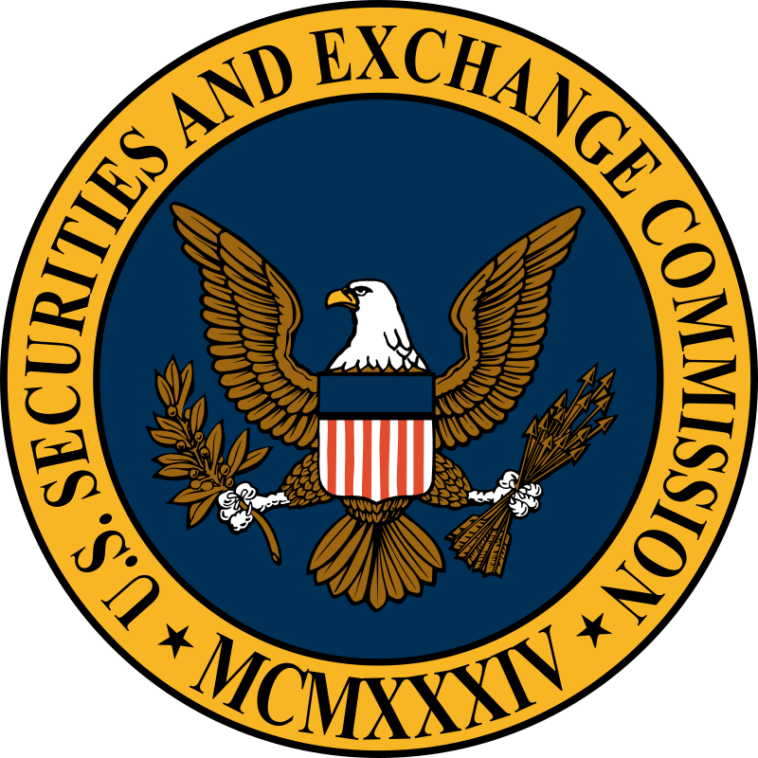Hester M. Peirce, a respected figure within the Securities & Exchange Commission (SEC), clarified in a public announcement on Wednesday that digitizing traditional stocks does not exempt them from compliance with federal securities laws. She emphasized the stark truth, emphatically stating that securities retain their inherent status as such, despite undergoing a process of digital transformation or ‘tokenization’. Peirce, who holds a prestigious position as an SEC commissioner, leverages considerable influence within the financial regulatory body.
As she made clear in her public verdict, the digitization of stocks and other securities, a process also known as ‘tokenization’, continues to be regulated under existing federal securities frameworks. This proclamation reverberated throughout the financial crypto sphere, prompting individuals and businesses alike to carefully contemplate the existing regulations when engaging in transactions involving tokenized instruments. Peirce, in her dual role of both an SEC commissioner and cryptocurrency proponent, holds significant sway when stating such viewpoints.
It is important to note that this dictum from Peirce does not, however, represent an official decree from the SEC. Despite this fact, the sheer longevity of her service as a commissioner, coupled with her prominent leadership position in the crypto task force, only accentuates the gravity of her opinions within the context of the regulatory body. As a result, her views are held as significant, with her influence reflecting unmistakably within the walls of the SEC.
A tokenized stock represents a novel implementation of digital technology on traditional financial securities. Unlike typical stocks, which are tethered to specific stock exchanges, a tokenized stock is freely tradable at any given time on a blockchain network. This digital transformation of securities opens up a new avenue for financial transactions, breaking away from the established norms.
The blockchain, the decentralized system underpinning these tokenized stocks, functions as a cryptographically secure digital ledger of transactions. This ledger systematically records every transaction involving digital assets, from cryptocurrencies to tokenized stocks. These transactions are diligently maintained across a network of computers, creating a trustworthy record of all activities.
The recent commentary from Peirce, who has shown consistent support for cryptocurrencies and blockchain technologies, arrives at a time when the crypto industry is witnessing an increased momentum towards tokenization. Crypto platforms, primarily in Europe and the United States, are being pressed by industry figures to facilitate trading in digital versions of stocks and other asset classes, leading to heated discussions on various regulatory fronts.
However, the swift move towards tokenizing assets such as private company shares has raised eyebrows among naysayers. There are increasing concerns that transacting these tokenized shares via the blockchain could potentially circumnavigate federal securities regulations, a matter of substantial controversy within both legal and crypto circles. The question of whether blockchain-traded digital assets fall under federal securities laws is stoking transformative debates.
Peirce’s voice in these discussions is a noteworthy one, her commission having recently presided over a hearing focused on the tokenization of assets. She has persistently propagated the view that regulatory authorities should exhibit a welcoming acceptance towards emerging technologies such as blockchain. However, these discussions are tempered with the caveat of legal obligations.
In her promising call to arms for regulators to adopt an adaptative mindset, she was careful to underscore the need for crypto companies to adhere to long-established legal frameworks. In her statement, she declared that while innovation and adoption of new technologies are welcome, companies must remain cognizant of the existing securities laws and regulator expectations. Innovation must not only be promoted but also be guided by the rule of law.

